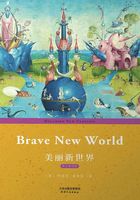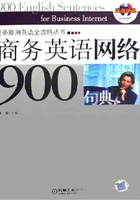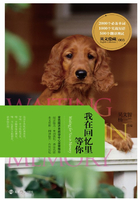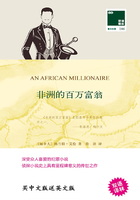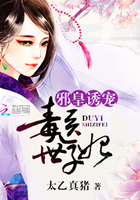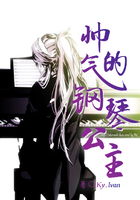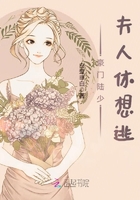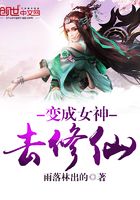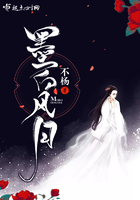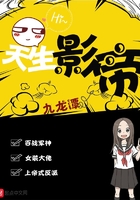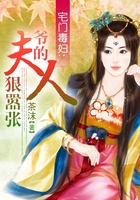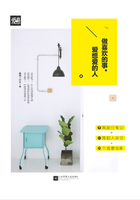Little Tulku Jianggong's enthronement ceremony was scheduled for the day before the horse racing festival and would be held in Cuo Qin Hall in Qiari Temple. For the ordinary people who were not eligible to enter the hall and watch, early in the morning they simply let the green smoke of mulberry burn in each household's incense burner, sending their prayers and blessings to the gods in the sky. Their blessings were for the Tulku, so that he in the future would protect the common people with his incomparable spiritual powers. Since a long time ago, people had passed down the stories of Little Tulku Jianggong's natural talent and aptitude. For scriptures that other people would have to recite 20 times before they committed it to memory, he could read it three times and then recite it fluently. His memory was as solid as the nails knocked into wood and his power of understanding was as quick as the dissolution of salt thrown into water. People said that under the tutelage of Tulku Dapu, his compassion had grown greater by the day and that after the death of Headman Wangzhu, who had flogged him, Little Tulku Jianggong had performed cleansing rituals on his soul and saved him from the suffering of hell. Even though he was still just a child, he had already inherited the compassion of the previous Tulku. The good herdsmen believed that if an evil man's soul could be saved by a tulku's compassion, then what did the suffering of their current life amount to in the end? This was because they held hope for their next life.
Early that morning in Qiari Temple, the chanting was deep and sonorous, and the gongs and cymbals resonated powerfully. Tulku Dapu was the master of the ceremony and the other monks sat in the lotus position in the hall. Led by a group of musicians and an honour guard, Little Tulku Jianggong was welcomed into the hall riding on a sedan chair. He went towards his Buddhist ceremonial seat. Today he appeared reserved and staid, noble and mysterious.
In front of the solemn image of the Buddha Sakyamuni, the young Tulku first performed the ceremony of kneeling three times and kowtowing nine times, and then, he turned to his greatly respected mentor Tulku Dapu and each of the high and greatly virtuous monks in the hall and gave them a large salute. One by one, they offered pure white hadas, prayer beads made with precious stones, Buddhist clothes, Buddhist implements and all other kinds of ritual gifts. Khenpo Pinsong represented all of the monks in the temple and presented a Buddha statue representing body, word and mind, a stupa and a book of sutras. The sutras Jianggong touched to his head, the statue he touched to his forehead, the stupa he touched to his chest, in every action Tulku Jianggong was natural and fluid, practical and solemn. Tulku Dapu had the monks call out a section of The Classic of Esoteric Long Xi Li Bang and he himself first bowed and kowtowed towards the sutras, and then had Tulku Jianggong bow and offer up the hada. Then, he opened up the book of scriptures. One by one, he read Tulku Jianggong the 36 precepts for novice monks by which a Buddhist must abide. Then, Tulku Dapu said solemnly, "Will you abide by these precepts for the rest of your life?"
Tulku Jianggong's expression was serious as he replied, "I wish to comply with all of the precepts in the scriptures, I will act with compassion towards all living beings and will lead by example."
This atmosphere, this environment, this solemnity—even Tulku Jianggong thought to himself that from now onwards he would be a true son of the Buddha: a buddha who came down to earth, was worshipped, was visible and tangible and provided both strength and an example to the people. He would be acting similarly to Tulku Dapu.
After the enthronement ceremony in Qiari Temple was concluded, Tulku Jianggong was once again led by an honour guard and a group of musicians and borne on a sedan chair outside to receive the worship of all living things. Each tribal headman successively offered gifts in order to receive the blessing of the new Tulku as he touched their heads. They offered fine horses, herds of cattle, herds of sheep, tealeaves and even silk and satin. All the horses were robust stallions, and the cattle and sheep were all sturdy and fat.
Next, the ordinary people queued up and waited for the recently enthroned Tulku to touch their heads and bless them. Their presents were mostly a pure white hada and some of them even used a handful of white wool to symbolize the hada, but that too was enough to represent their feelings of admiration towards Tulku Jianggong. However, here was one person whose gift made Tulku Jianggong's eyes open up wide, because it was something that he had never seen before. This man was a horse herder who had come from the lands of the Han. He was a handsome man, who wore a Tibetan felt hat on his head, a pair of dark sunglasses on his slender face, a long gown jacket on his body and Tibetan boots embroidered with gold on his feet. At that time, in county government or caravan inns, one could see these Han people who had originally come to Tibet driving horses as their profession, and there was always something that surprised the Tibetans in the packs of their horses, from a silver needle and an iron wok to delicate and valuable Han silks. These last few years the horse roads on which people drove their caravans were busier every day and the Han people who came to Tibet to conduct business were growing in number. In the counties there were even a few mengyang institutes[24], in which there were professors dedicated to teaching the Chinese language to children of the aristocracy, tribal headsmen, businessmen and officials.

